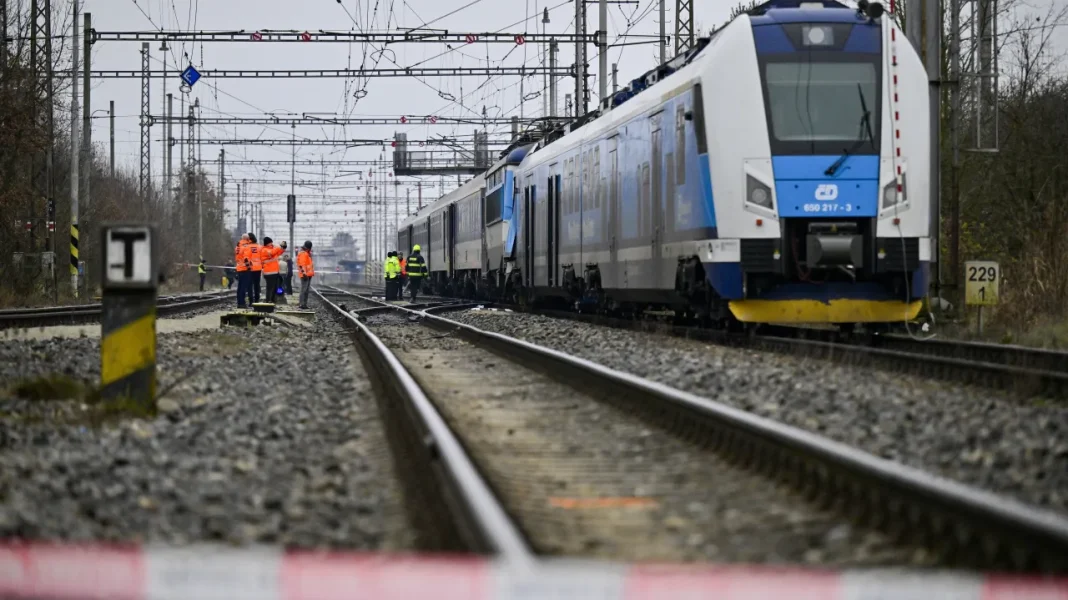In recent years, Germany has faced a surprising trend of companies quietly relocating their operations. This ongoing shift is raising concerns about its impact on employment and the broader economy.
The Growing Trend of Relocations

Germany, known for its robust manufacturing and industrial sectors, is witnessing an exodus of companies. Factors driving this trend include high energy costs and stringent regulations. Businesses are seeking more cost-effective environments, impacting Germany’s reputation as an industrial powerhouse.
Additionally, geopolitical tensions and global economic shifts are influencing these decisions. Companies prefer relocating to regions where political and economic stability provide a more predictable business landscape. This trend not only impacts Germany’s economy but also affects its position in the global market.
The Impact on Employment

The departure of companies leads to job losses, directly affecting the workforce. Regions heavily reliant on certain industries may experience significant economic downturns as employment opportunities diminish. This creates a ripple effect in local economies, affecting small businesses and service providers dependent on the spending power of industrial workers.
Moreover, the trend prompts concerns about skills mismatch in the job market. As traditional industries shrink, reskilling and retraining initiatives become vital to help workers transition into new sectors. However, these programs require time and investment, posing another challenge for policymakers.
Economic Consequences for Germany

The relocation of companies can have lasting economic implications. Reduced industrial activity leads to lower tax revenues, straining public services and infrastructure investment. This, in turn, can hinder Germany’s economic growth and innovation potential, affecting its competitiveness on the global stage.
Furthermore, the perception of Germany as a challenging environment for businesses could deter foreign investment. Policymakers need to address the underlying issues forcing companies to relocate and to create a more favorable environment for both domestic and international businesses.
The Role of Government Policy

Government intervention is crucial to reverse this trend. By revisiting energy policies and reducing bureaucratic hurdles, Germany can create a more attractive climate for businesses. Incentives for industries facing high operational costs could encourage companies to maintain their German roots.
Efforts to strengthen Germany’s position as a leader in technological innovation and green energy could also play a vital role. By leveraging its expertise in engineering and renewable energy, Germany can carve out a niche that attracts and retains companies despite the challenges.
Looking Towards the Future

While the current situation poses significant challenges, it also presents opportunities for transformation. Germany’s ability to adapt to changing economic conditions and to innovate in response to global trends will determine its future prosperity. Through strategic planning and forward-looking policies, Germany can overcome these hurdles and restore confidence among businesses.
In conclusion, the quiet departure of companies from Germany highlights crucial issues that need addressing to safeguard the economy and employment landscape. Proactive strategies and reforms are essential for Germany to remain competitive and to ensure a stable future for its workforce and industries.





